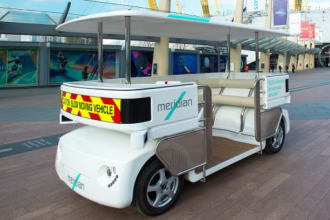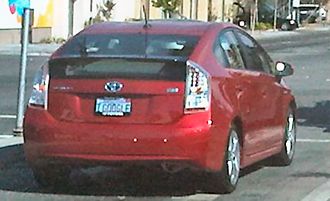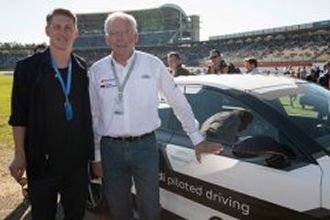 German car makers have been tied up with red-tape over driver-less car technology.
German car makers have been tied up with red-tape over driver-less car technology.
German auto-manufacturers have moaned that domestic laws limit their efforts to test the appropriate software for self-driving vehicles on public roads and this means that that US competitors, such as Google, are ahead when it comes to developing software designed to react effectively when placed in real-life traffic scenarios.
In December, Google unveiled a fully-functioning prototype of its Self-Driving Car which it plans to start testing in California this year.
Martin Winterkorn, Volkswagen CEO said: “We are currently testing at our research facilities, some of them in the United States. The question is: do we only test these cars on public roads in the United States or can we also do it in Germany. Not enough has been done.”
Audi, BMW and Mercedes-Benz have all revealed prototype driverless vehicles which can be tested on German roads – however currently they are not legally allowed to test the cars with a distracted driver, i.e. emailing or texting in a moving car on public roads.









